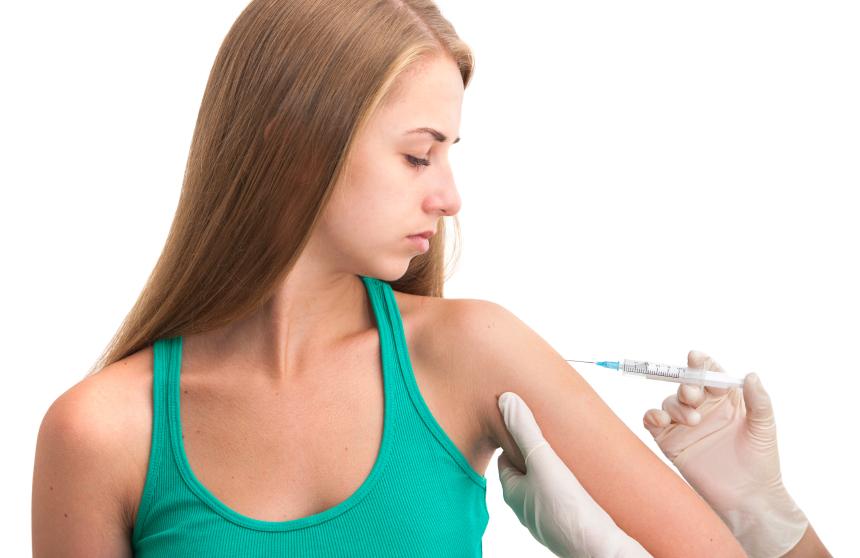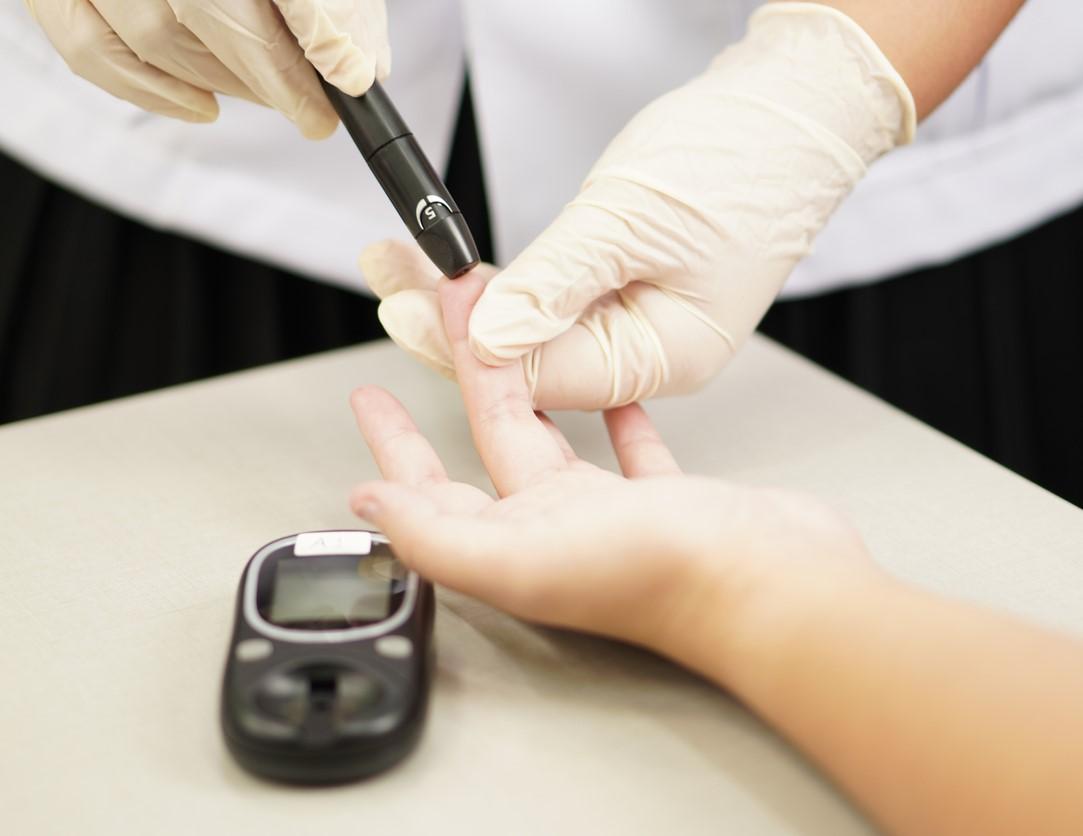
Only a third of vaccine-hesitant US parents reported that their children received at least one dose of the human papillomavirus (HPV) vaccine, but immunization rates were more than fourfold higher when the parents received a healthcare provider recommendation to do so, University of Arkansas researchers reported yesterday in Vaccine.
The team analyzed data from phone surveys conducted in October 2022 via the random-digit dialing of 2,201 Arkansan adults, focusing on a subsample of 201 who said they were unsure about vaccinating their children aged 9 to 17 years.
HPV is the most common sexually transmitted infection in the United States, the researchers wrote. "HPV-associated diseases are preventable with vaccination, but HPV vaccine coverage remains below other vaccines recommended during childhood and adolescence."
Kids twice as likely to get vaccine when moms decide
A third (33.0%) of hesitant parents reported that their children had received at least one dose of the HPV vaccine. Slightly over half (51.0%) said they received a clinician recommendation to vaccinate their children against HPV.
Conflating vaccine hesitancy with refusal is inaccurate and may contribute to inconsistency in healthcare provider recommendations for HPV vaccination.
The likelihood of HPV vaccination was more than four times higher when the parents received a recommendation (adjusted odds ratio [aOR], 4.67) than when they did not, but the odds weren't significantly different from those with no provider (7.9%) when recommendations weren't given. The chances of pediatric HPV vaccination were twice as high for mothers than for fathers (OR, 2.03).
Of skeptical parents whose provider recommended HPV vaccination, 48.5% were vaccinated. In total, 19.0% of parents who didn't receive a recommendation reported that their children were vaccinated—compared with 30.0% for those whose children did not have a provider.
"Additional research is needed to understand why pediatric HPV vaccine recommendations are not made more often or consistently, particularly among vaccine-hesitant populations," the study authors wrote.
"Continued investigation of hesitant adopters is important for increasing vaccine coverage for HPV and other vaccines and countering misleading characterizations of vaccine hesitancy," they added. "Conflating vaccine hesitancy with refusal is inaccurate and may contribute to inconsistency in healthcare provider recommendations for HPV vaccination."










